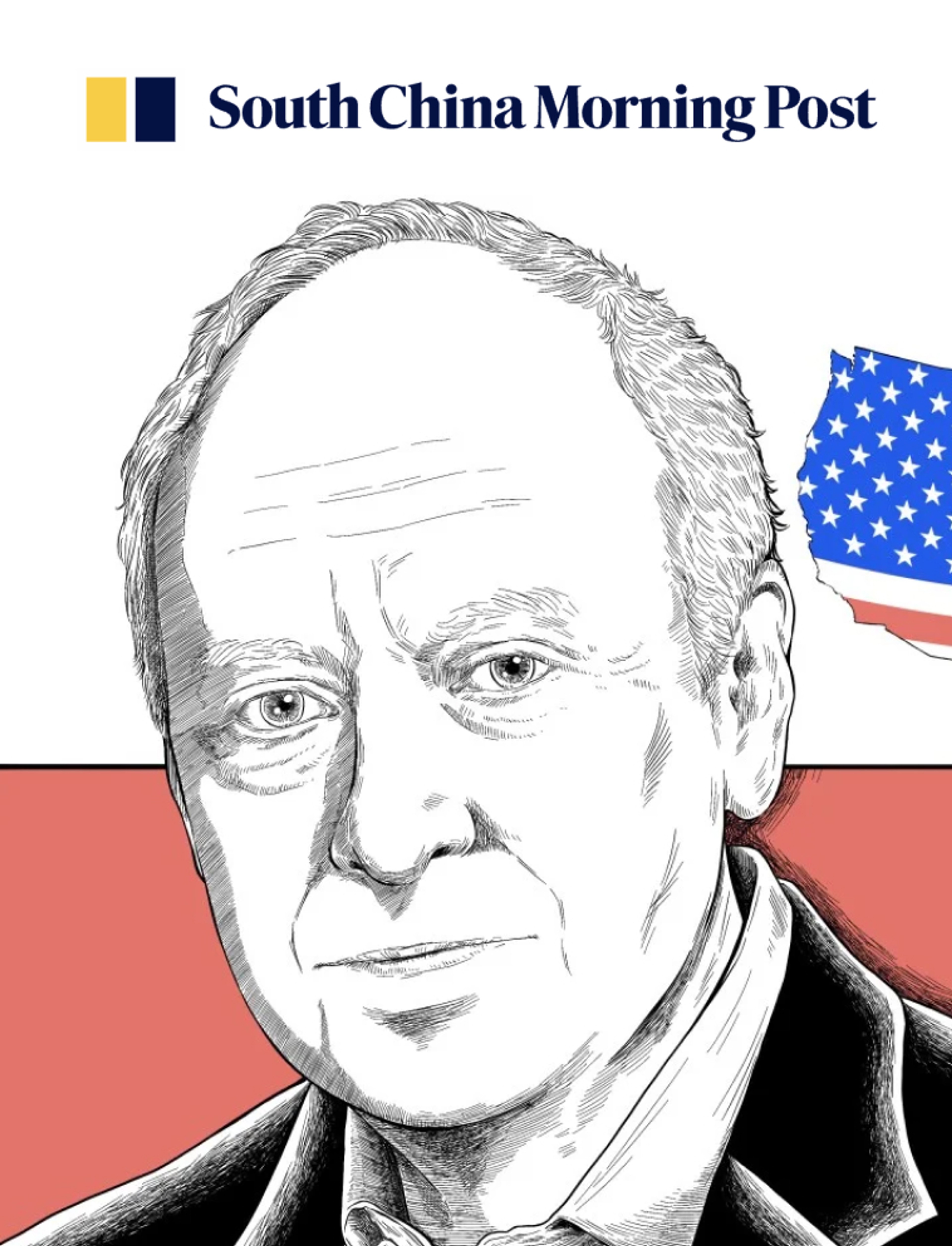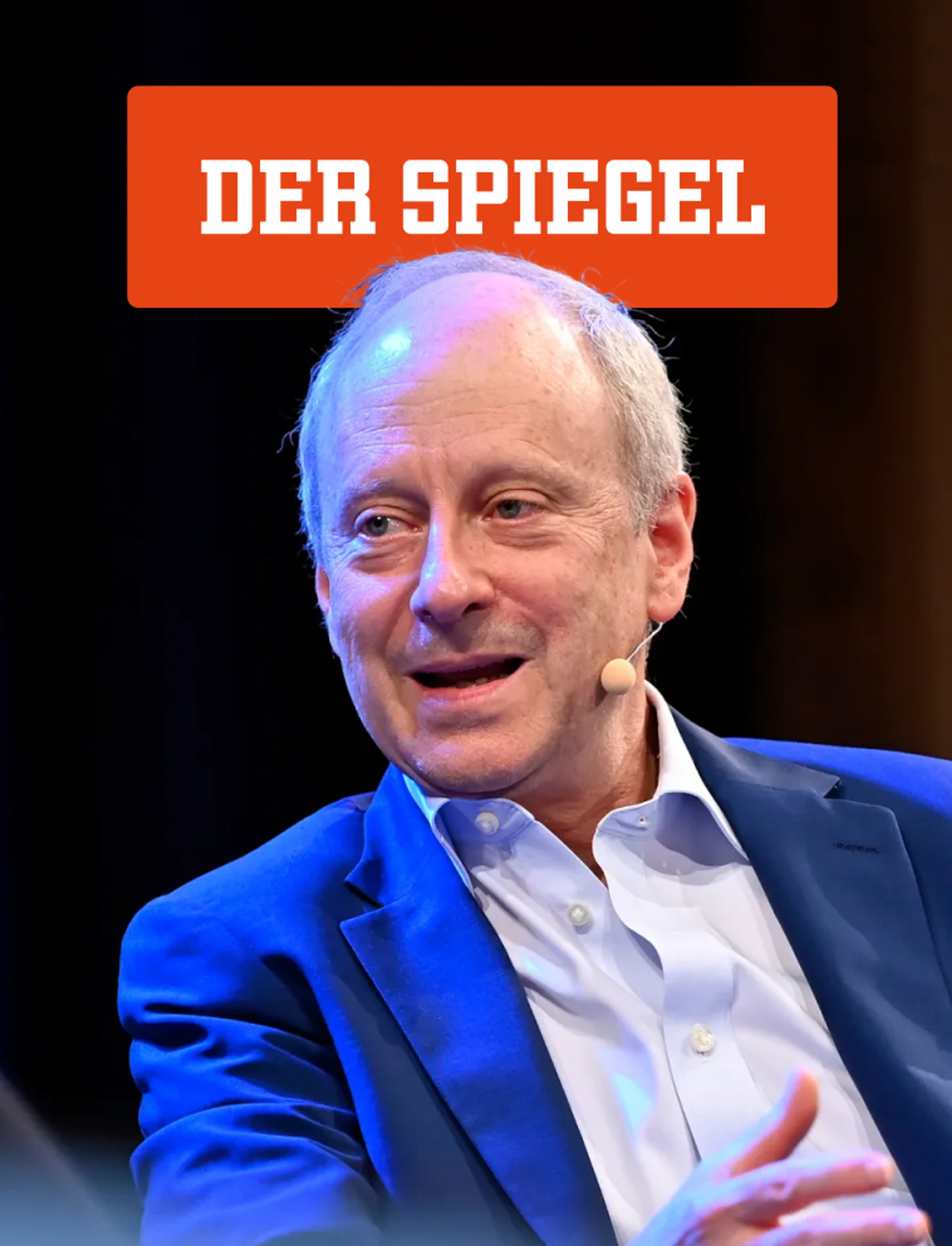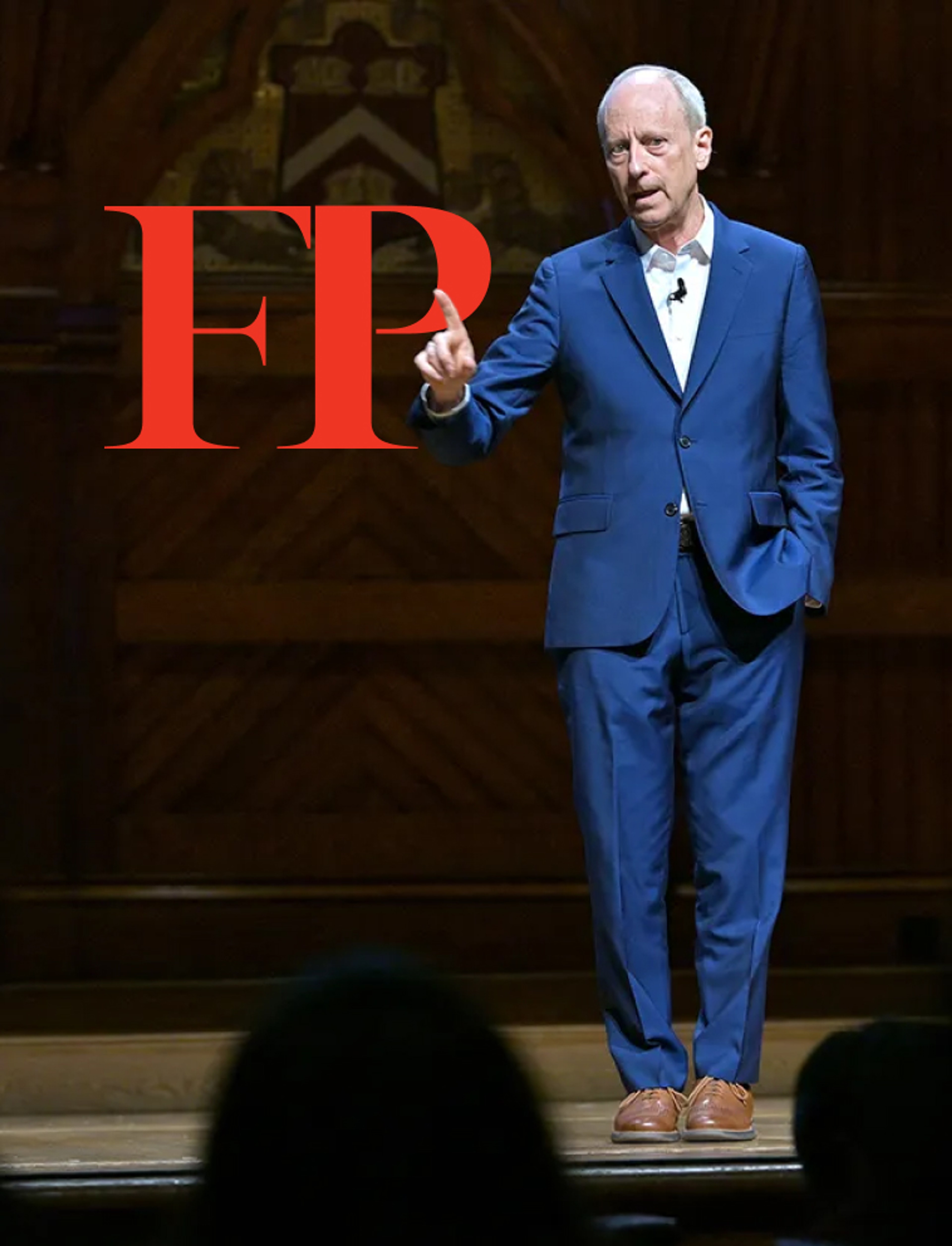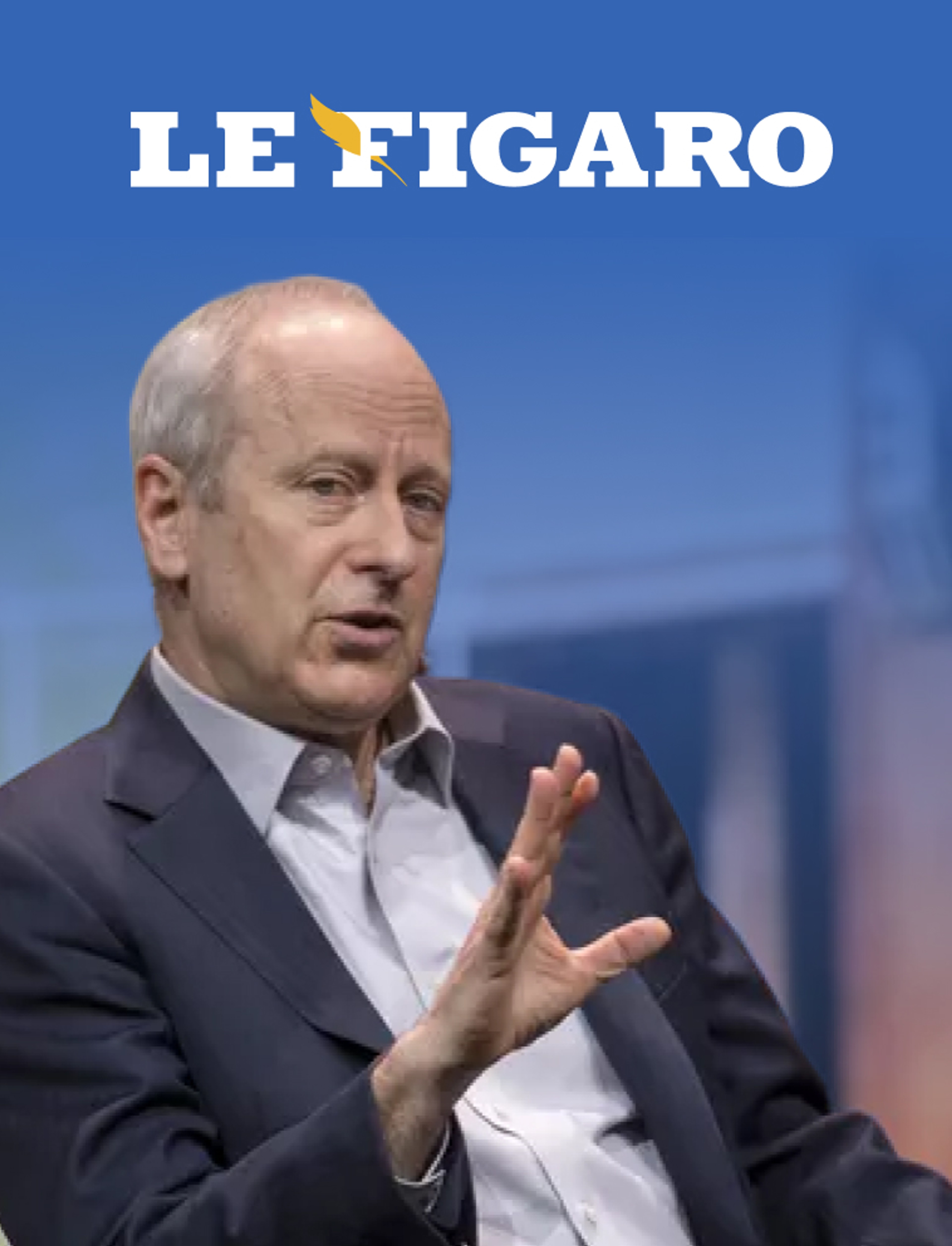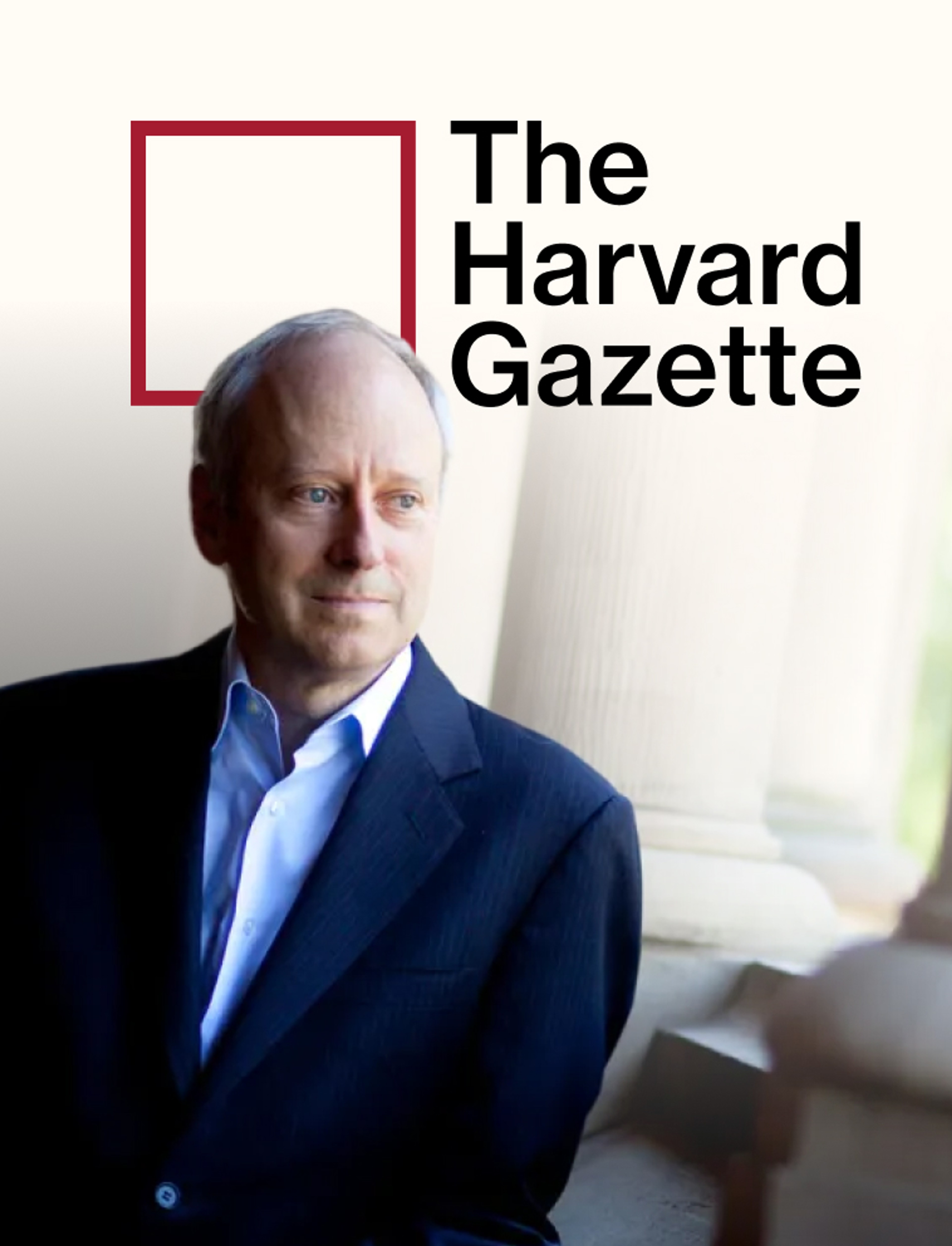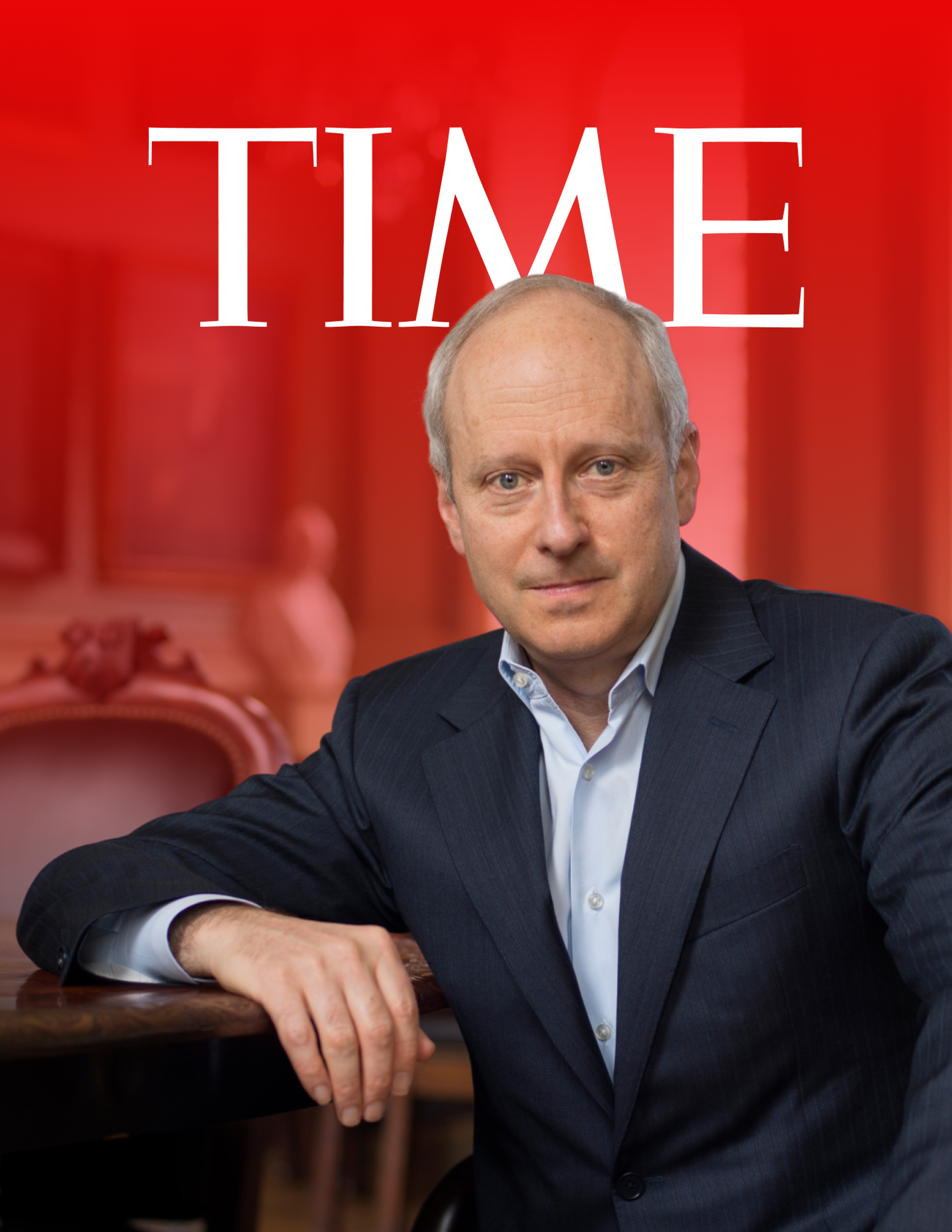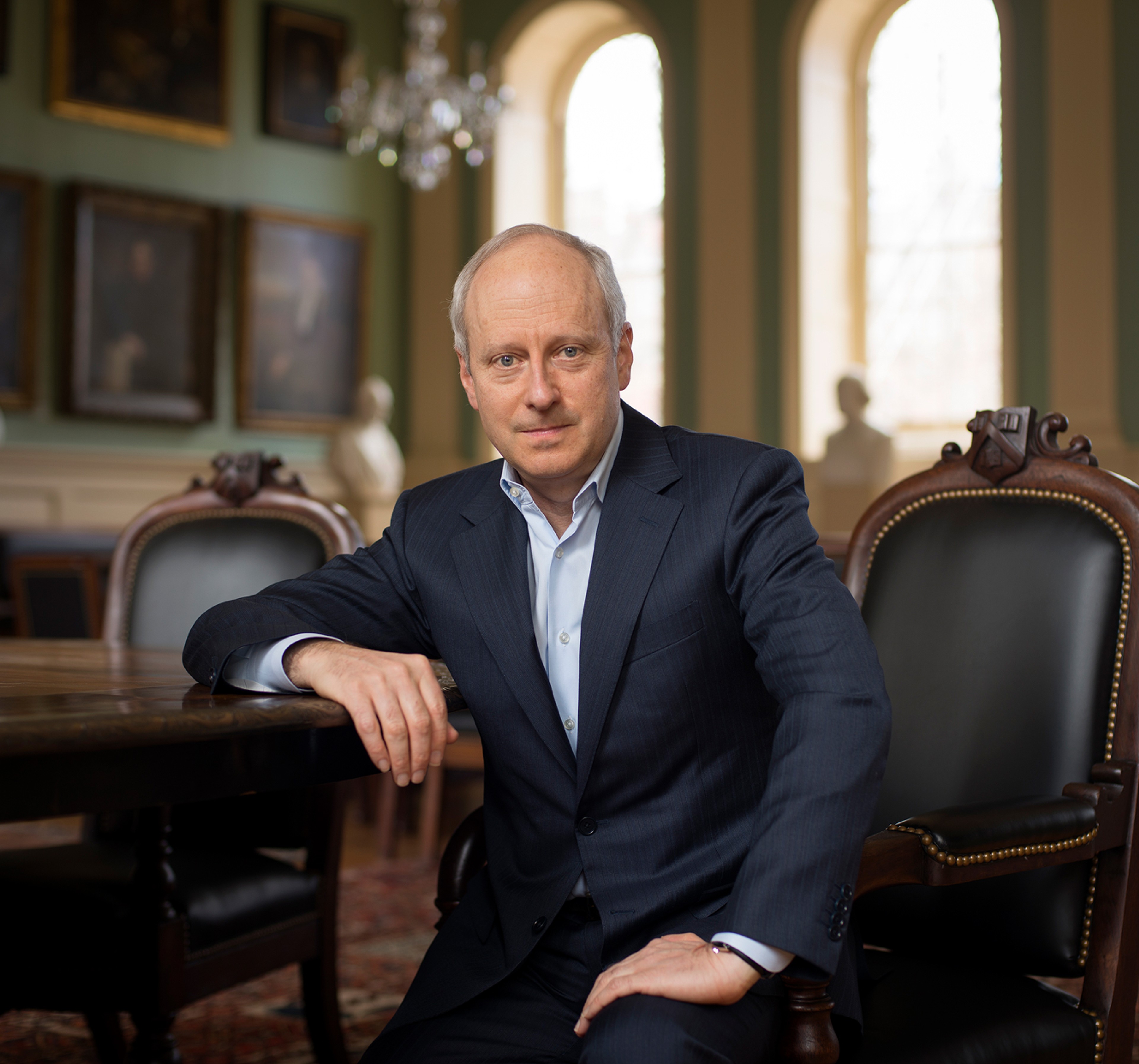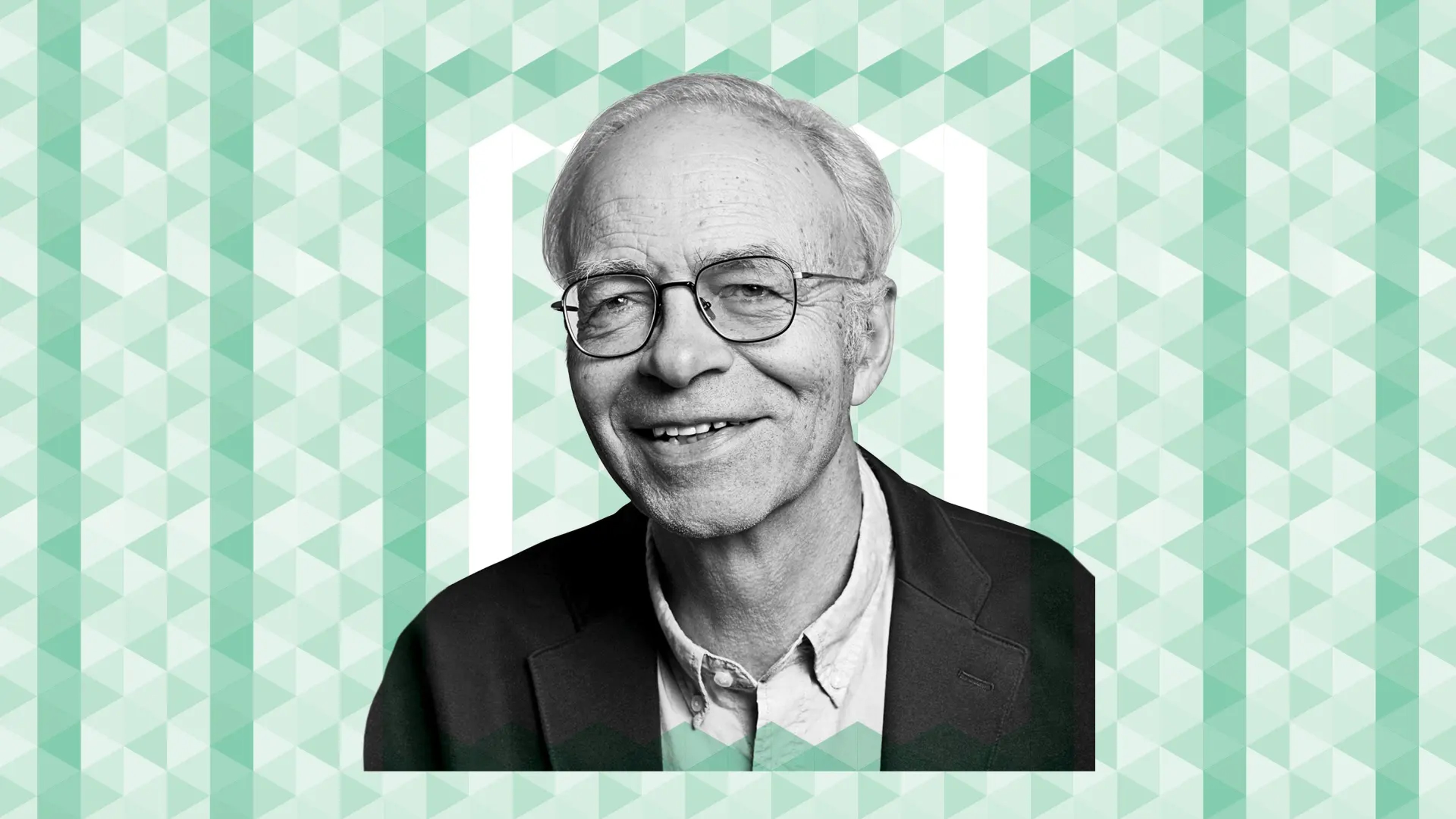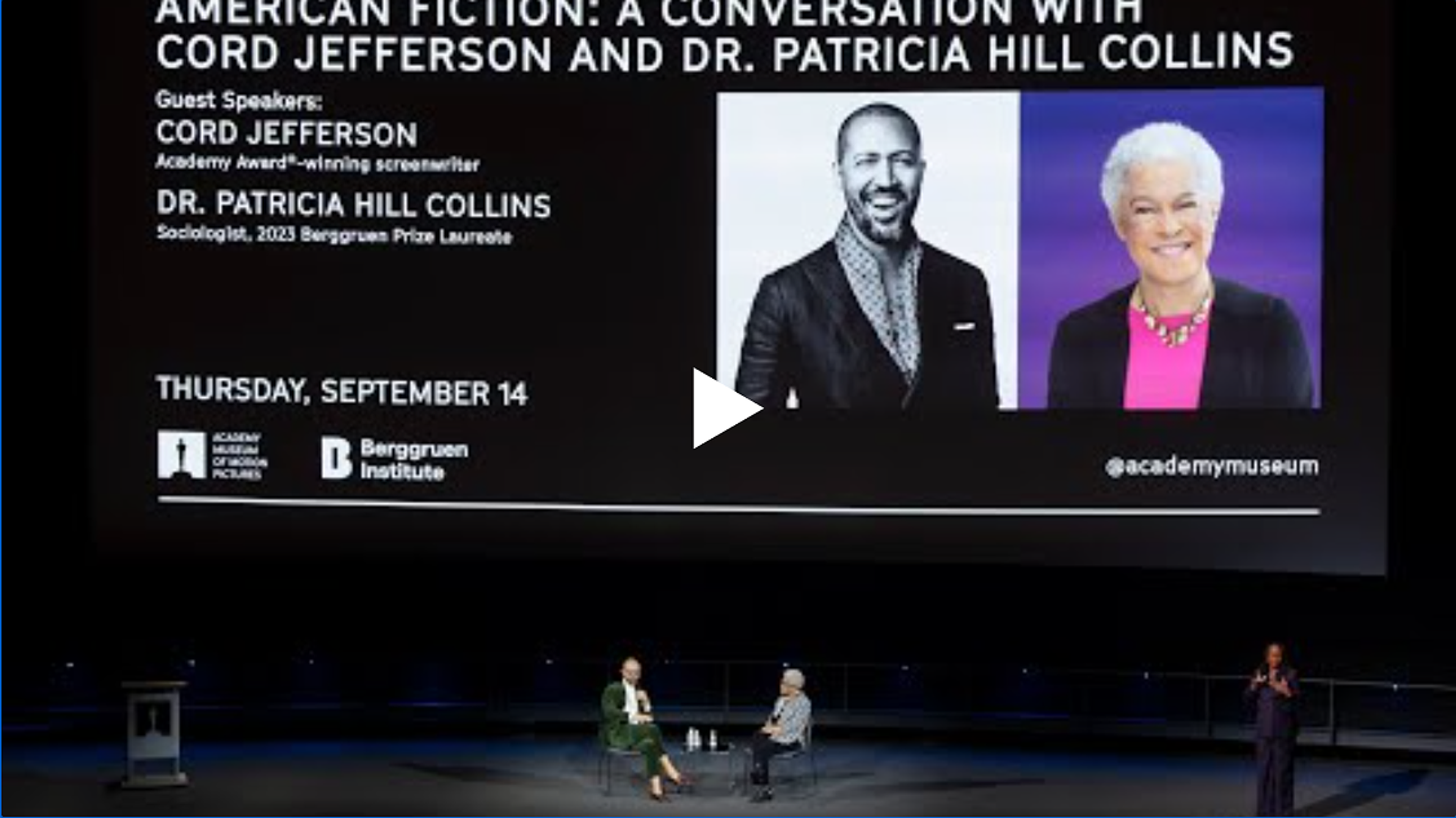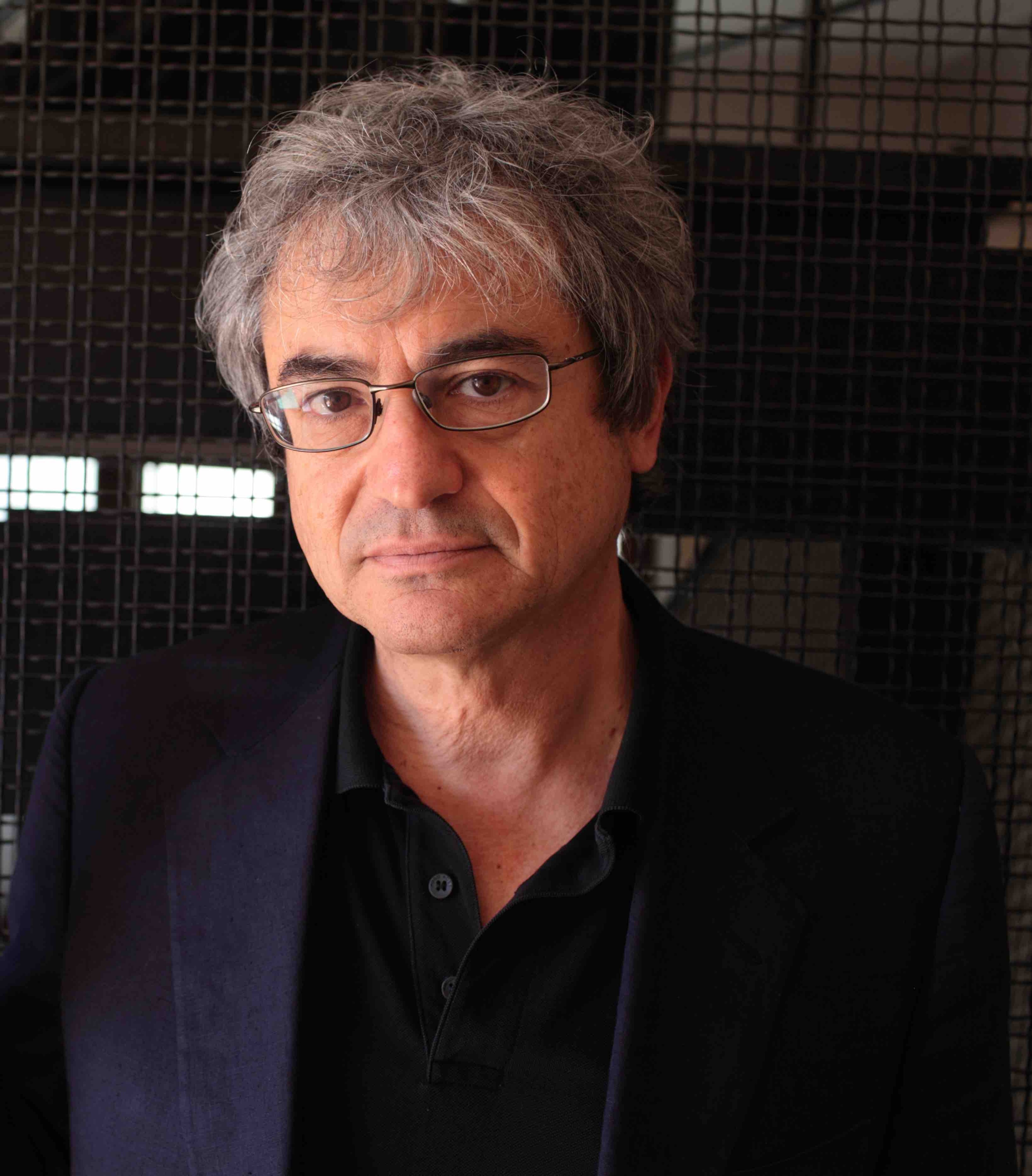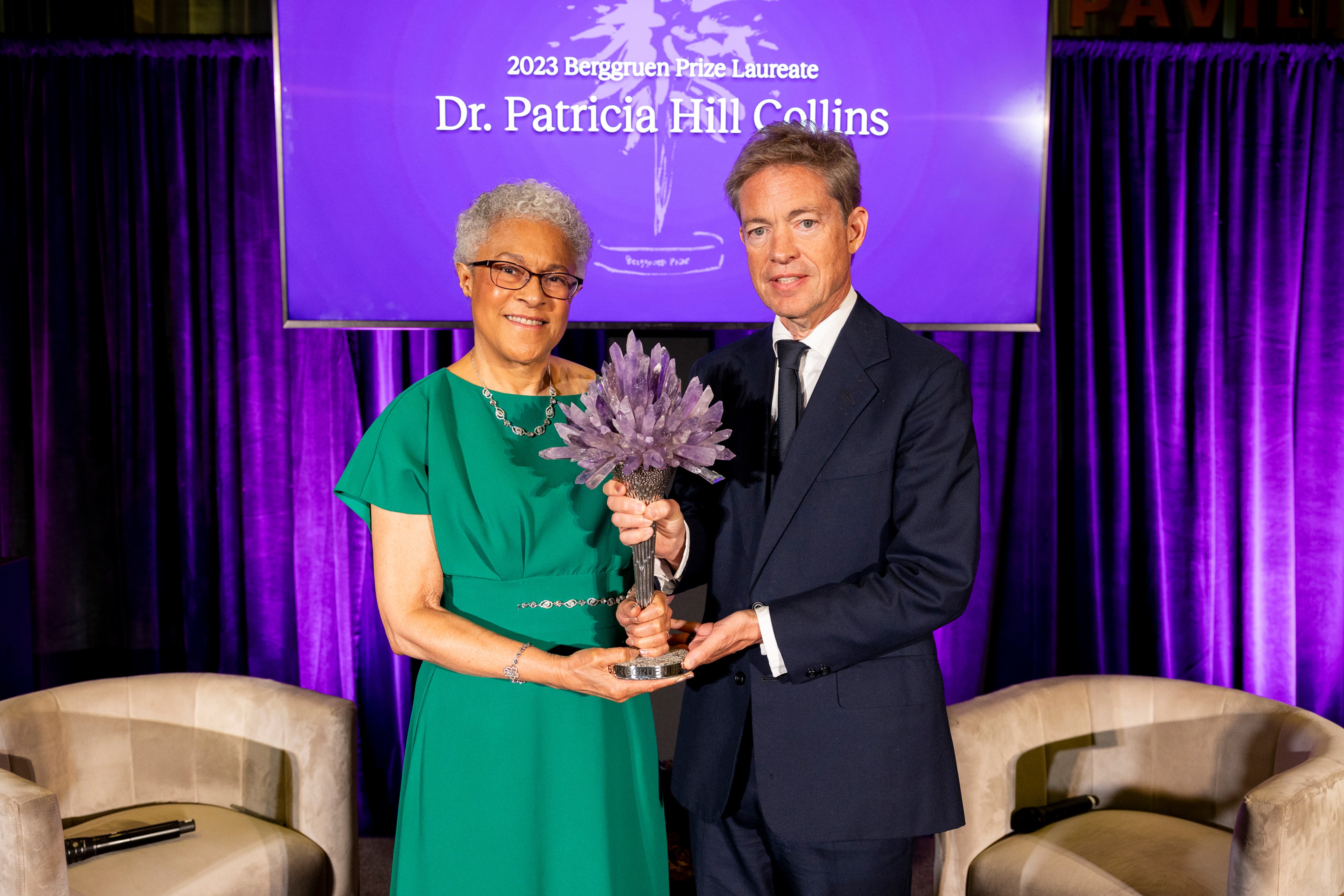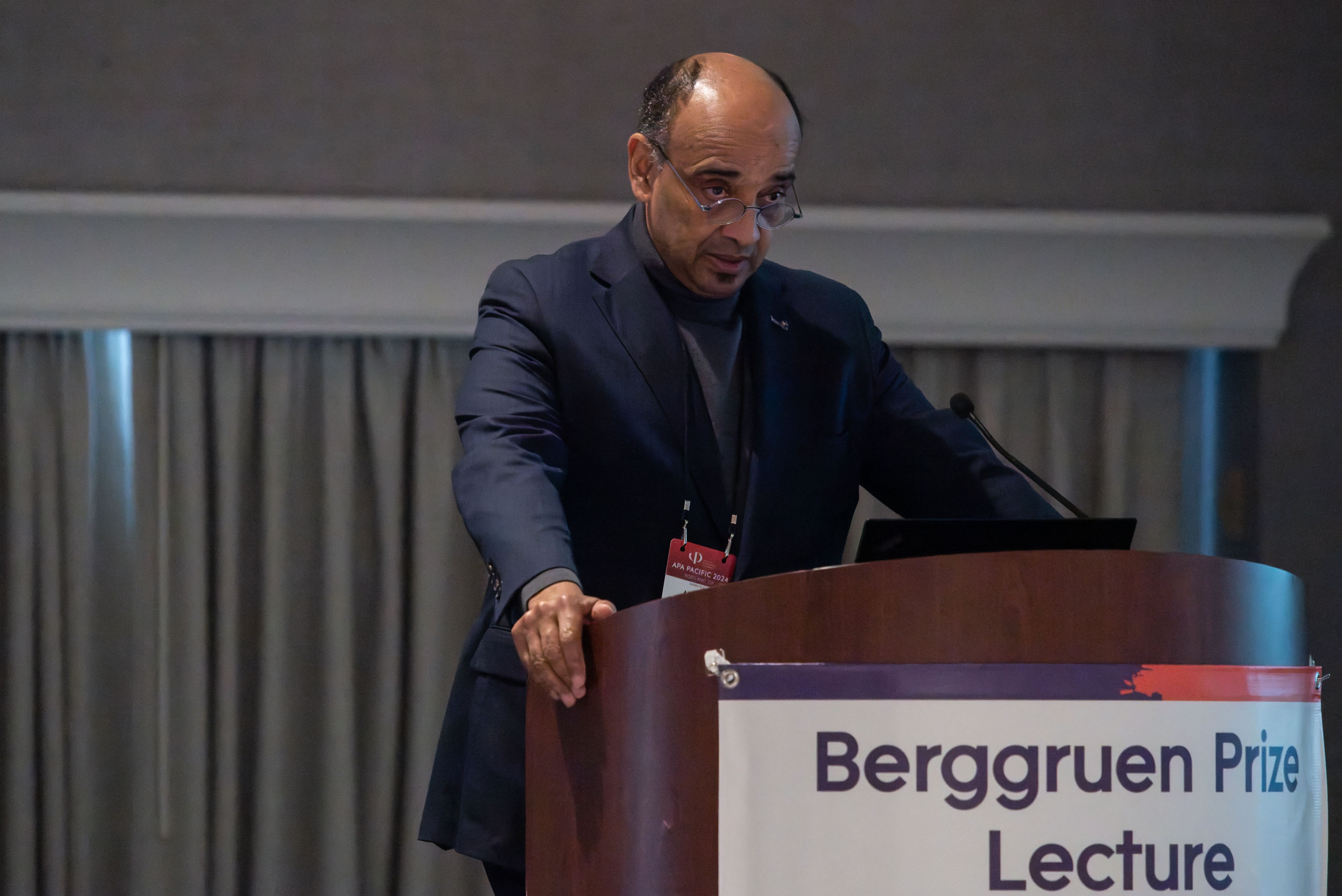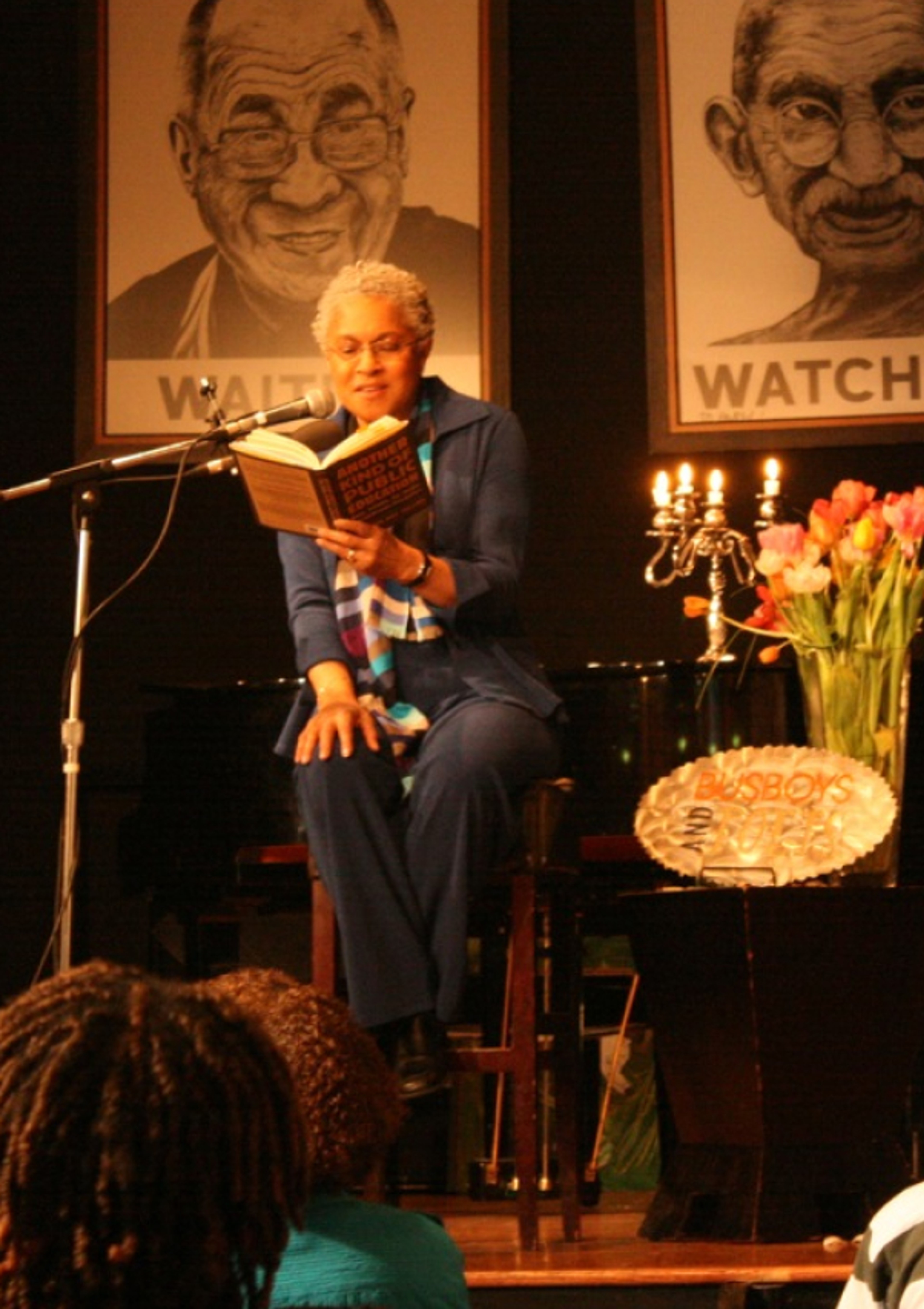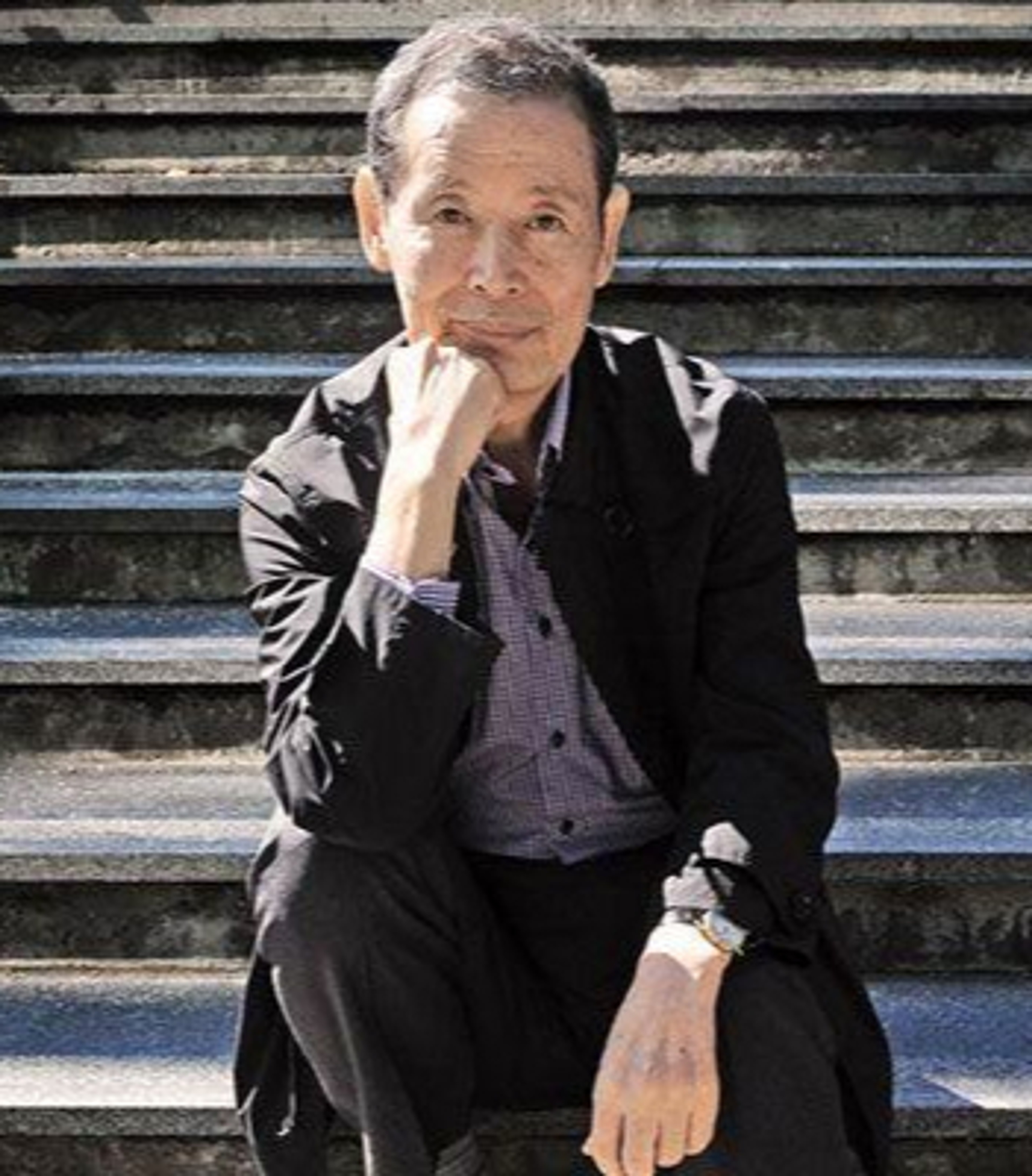In Conversation with Peter Singer | Utilitarianism: Avoiding Common Misunderstandings and Responding to Objections
Utilitarianism is often misunderstood, its formulation, implications, and its justification. In this conversation, world-renowned philosopher and 2021 Berggruen Prize Laureate Peter Singer will clearly define what Utilitarianism is, explain what it implies, philosophically and practically, and respond to common objections to Utilitarianism.
Language: English, with Simultaneous Translation into Chinese
Available online: https://space.bilibili.com/526209453
Speaker
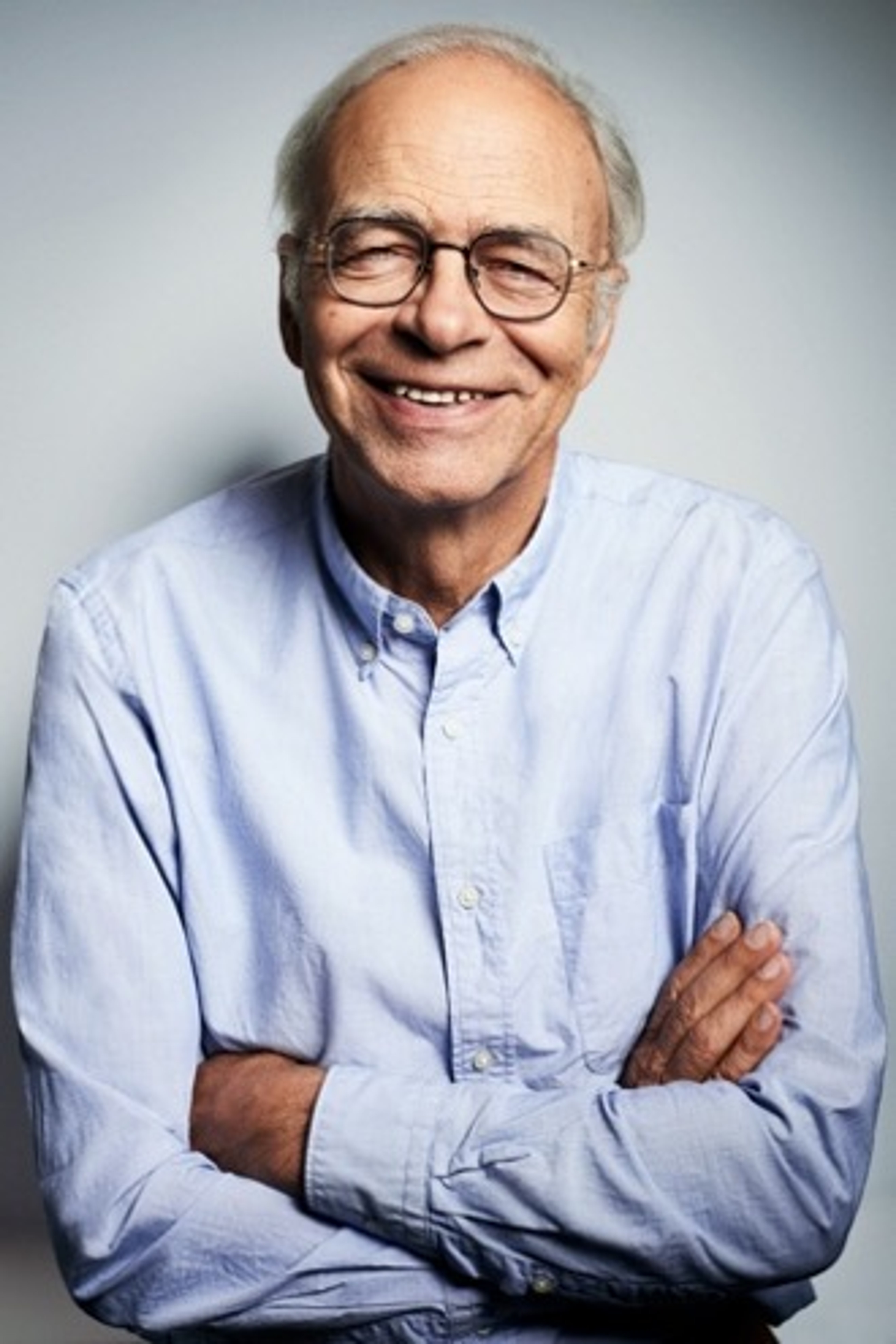
Peter Singer
Ira W. DeCamp Professor of Bioethics, Emeritus, Princeton University
2021 Berggruen Prize Laureate
Peter Singer was born in Melbourne, Australia, in 1946, and educated at the University of Melbourne and the University of Oxford. After teaching in England, the United States and Australia, he was, from 1999-2023, the Ira W. DeCamp Professor of Bioethics in the University Center for Human Values at Princeton University. He first became well-known internationally after the publication of Animal Liberation in 1975. His other books include: Practical Ethics, The Expanding Circle, How Are We to Live?, Rethinking Life and Death, Pushing Time Away, The Life You Can Save, The Point of View of the Universe (co-authored with Katarzyna de Lazari-Radek), Ethics in the Real World, Animal Liberation Now, and The Buddhist and the Ethicist (co-authored with Shih Chao-Hwei).
In 2012 Singer was made a Companion of the Order of Australia, the nation’s highest civic honor. He founded the charity The Life You Can Save and is a founding co-editor of the Journal of Controversial Ideas. In 2021, he was awarded the Berggruen Prize for Philosophy and Culture, and in 2023, he shared, with Steven Pinker, the BBVA Foundation Frontiers of Knowledge Award in Humanities and Social Sciences.
Commentators
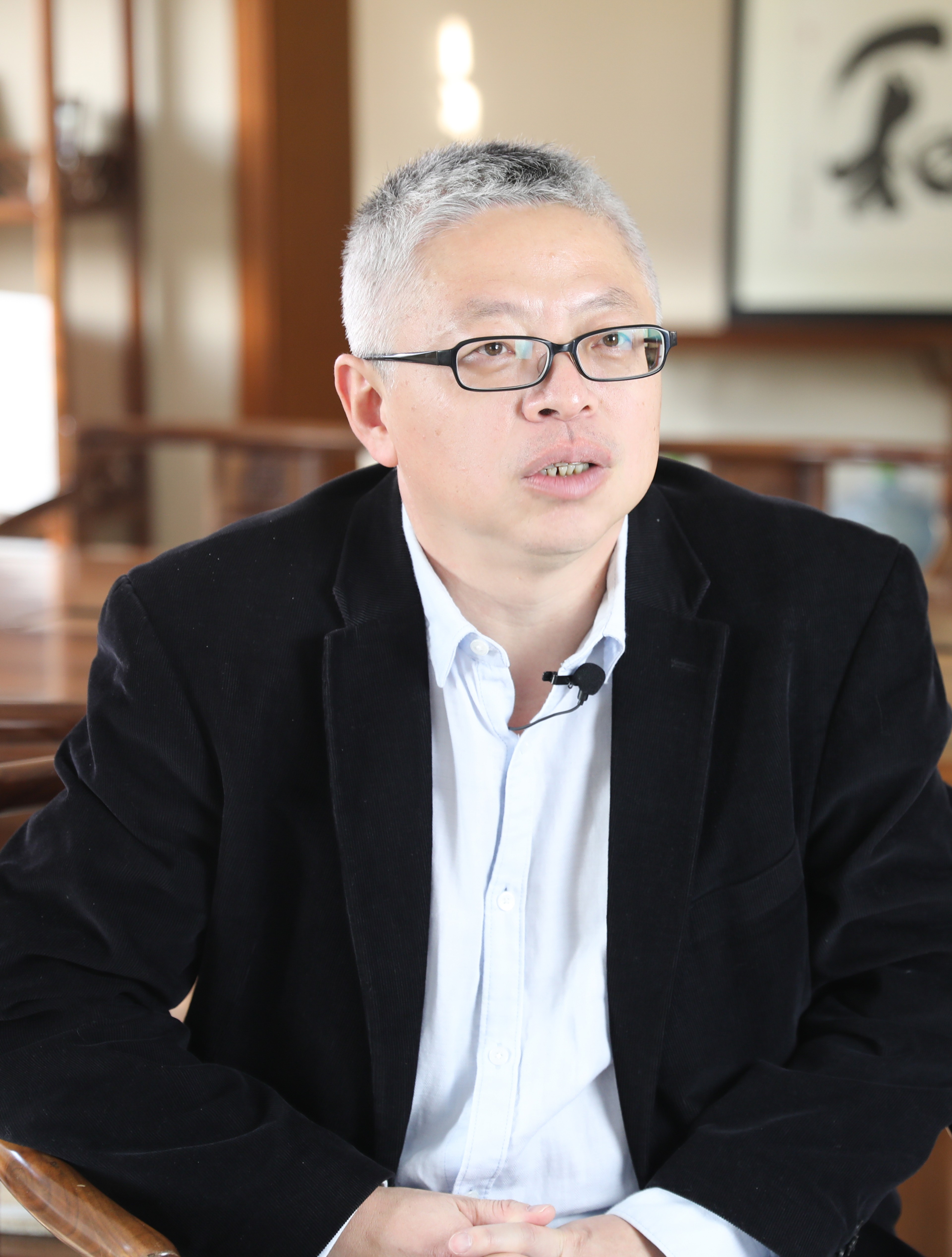
Tongdong BAI
Dongfang Chair Professor of Philosophy, Fudan University
Ordinary Academician, The Pointifical Academy of Social Sciences
Bai’s research interests include Chinese philosophy and political philosophy. He has two books published in English: China: The Political Philosophy of the Middle Kingdom (Zed Books, 2012), and Against Political Equality: The Confucian Case (Princeton University Press, 2019). He is now working on the philosophy of Han Fei Zi (c. 280-233 BCE), a “Legalist” and a harsh critic of Confucians, as well as a real-life princeling who is often compared with Machiavelli and Hobbes. He is also the director of an English-based MA and visiting program in Chinese philosophy at Fudan University that is intended to promote the studies of Chinese philosophy in the world.
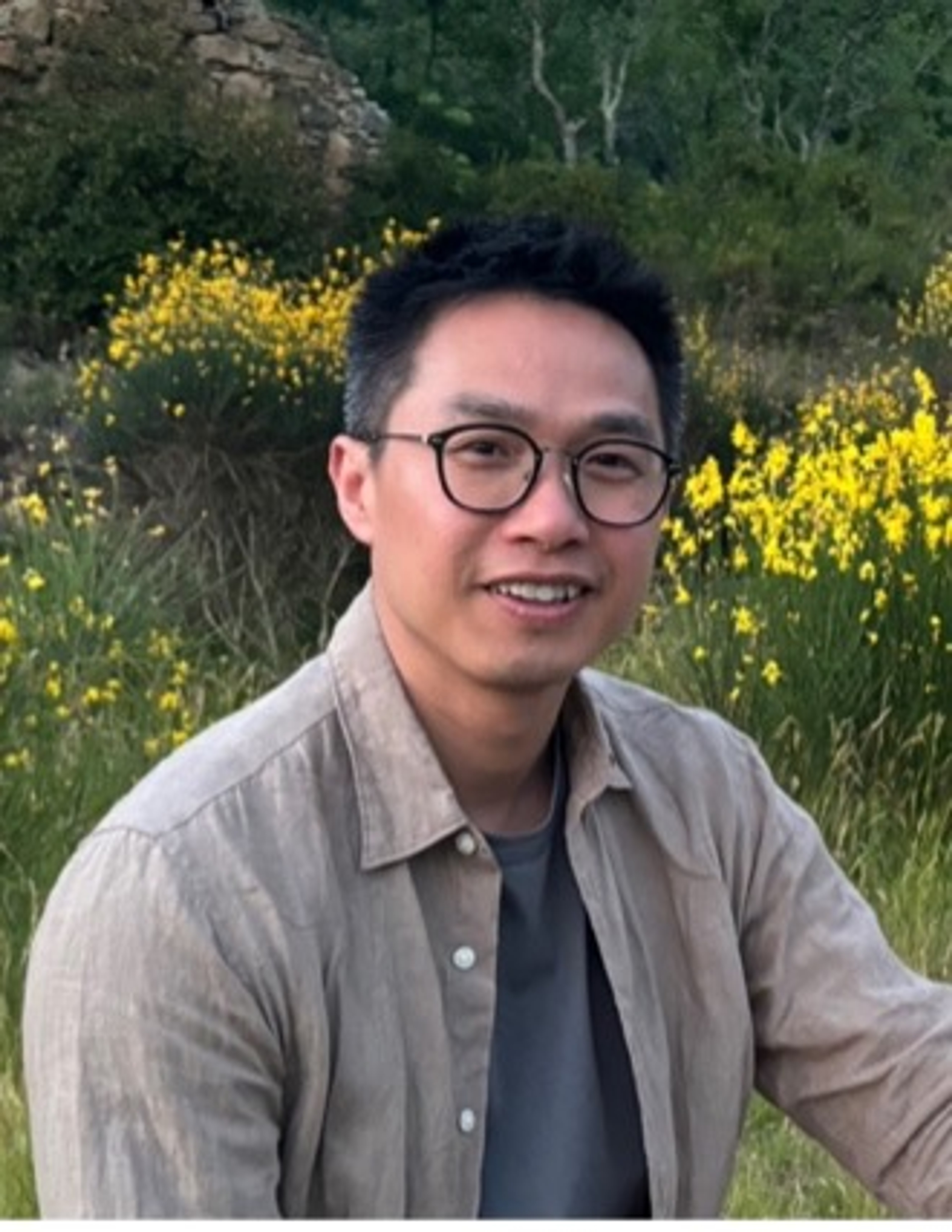
Xiaofei LIU
Professor, School of Philosophy, Wuhan University
Liu works in moral philosophy, moral responsibility, discrimination, and experimental philosophy. He has published a book on moral responsibility in Chinese, Responsibility and Normativity: A Theory of Moral Responsibility, and numerous articles in renowned journals such as Mind, Philosophical Studies, and Philosophical Psychology.

TJ TIAN
Associate Professor, School of Philosophy, Renmin University of China
Tian’s research interests focus on issues on collective action, moral responsibility, and democratic theory. In 2021, she published a book titled Understanding Collective Responsibility, which examines how individuals and groups fulfill moral and political responsibilities within a collective framework. Tian writes a column on utilitarianism for The Thinker Magazine.
Moderator

Zhilin LI
Founder and CEO, CharityBox
Fellow, The Hong Kong Jockey Club
Zhilin is the Founder and CEO of CharityBox, leading the team in China to explore and identify the best donating channels. His goal is to maximize the social impact of charitable donations. He has a strong interest in unifying distributive justice and utilitarianism, and how to live a moral life. Zhilin has extensive experience working with think tanks, and grassroots organizations. He has worked in the advocacy department of the Bill & Melinda Gates Foundation and as an intern research assistant at the Berggruen Research Center at Peking University. Zhilin graduated from the University of Hong Kong with a degree in Political Philosophy and Economics.
Event Summary
Peter Singer, the renowned moral philosopher and recipient of the 2021 Berggruen Prize for Philosophy & Culture, shared his insights on utilitarianism at the Berggruen Research Center at Peking University. In his presentation, he addressed common misconceptions and criticisms of utilitarianism and outlined a vision for its evolution—particularly in a multicultural world where philosophical ideas must adapt to diverse contexts. Following Singer's talk, a panel featuring Chinese philosophers Tongdong Bai, Xiaofei Liu, and TJ Tian provided counterpoints, engaging in a vital discussion that enriched the dialogue surrounding his ideas.
Singer has long emphasized the importance of establishing moral priorities as we face novel ethical dilemmas. In an increasingly developed and interconnected world, issues such as climate change, global poverty, and animal rights demand our attention. His work on animal welfare, articulated in his seminal text Animal Liberation (1975), argues for a reassessment of how we treat non-human animals, advocating for their interests to be considered equally due to their capacity to suffer. This foundational text is pivotal in what he called ‘expanding our moral circle,’ a concept that encourages us to consider the interests of all sentient beings, not just humans. His advocacy for global philanthropy, particularly through the lens of effective altruism, calls for individuals to use their resources to maximize positive impact, thereby challenging traditional notions of charity and moral obligation.

Singer clarifies that utilitarianism should not be mistaken as a simplistic or materialistic calculus but as a philosophy that seeks to maximize utility in its broadest sense. He argues that utilitarianism encompasses a framework that includes both the maximization of positive experiences and the minimization of suffering. The aspect about reducing suffering is sometimes forgotten, or not emphasised enough, leading to the mistaken impression that utilitarianism is only pleasure seeking. By clarifying this misconception, Singer aims to establish utilitarianism as a robust moral philosophy that resonates with deeper human values.
This misrepresentation is displayed in Singer’s examination of the Mandarin translation of utilitarianism—"功利主义” (gōnglì zhǔyì). He highlighted how this term conveys implications of egoism or self-interest, which obscures the core commitment of utilitarianism to altruism. This misunderstanding is particularly relevant in Eastern contexts, where the term may reinforce individualistic interpretations rather than communal or collective well-being. Tse Yip Fai, the research assistant of Singer, suggests several alternatives that might circumvent such misunderstandings, such as “效益主义” (xiàoyì zhǔyì) which translates more directly to a philosophy of helping others. They stressed the necessity for contextual translations that honor the philosophy’s intent, encouraging the search for an even more fitting translation.
Tongdong Bai, however, defended the current Mandarin translation by arguing that even the English term of utilitarianism often finds itself at odds with empathy. He referenced Singer’s well-known drowning child thought experiment, highlighting how it presents a moral dilemma that some interpret as a critique of utilitarianism. In this scenario, an individual witnesses a child drowning in a shallow pond, raising the central question of whether there is a moral obligation to save the child when doing so requires only a minimal sacrifice. This prompts further inquiries: does it matter if the child is a stranger? Does it matter if the child is nearby or located across the globe, given it requires the same cost to save them? If one concludes that there is indeed an obligation to act, Singer argues that this reflects a duty to assist others impartially, irrespective of their proximity or nationality. Bai, however, suggests this thought experiment is in tension with the human desire to assign special obligations to family, friends, and community, relegating utilitarianism to a philosophy that is cold and impersonal.
But Singer counters that utilitarianism can often sympathise and tolerate a sense of partiality. He posits that our emotional connections and contextual circumstances often empower us to help our loved ones more effectively than we could assist strangers. Moreover, individuals within their communities are generally better positioned to understand what will benefit their lives compared to those who are far removed. Therefore, Singer's perspective illustrates that while impartiality may be the theoretically ideal ethical framework, practical considerations can allow for the integration of partiality in moral decision-making.
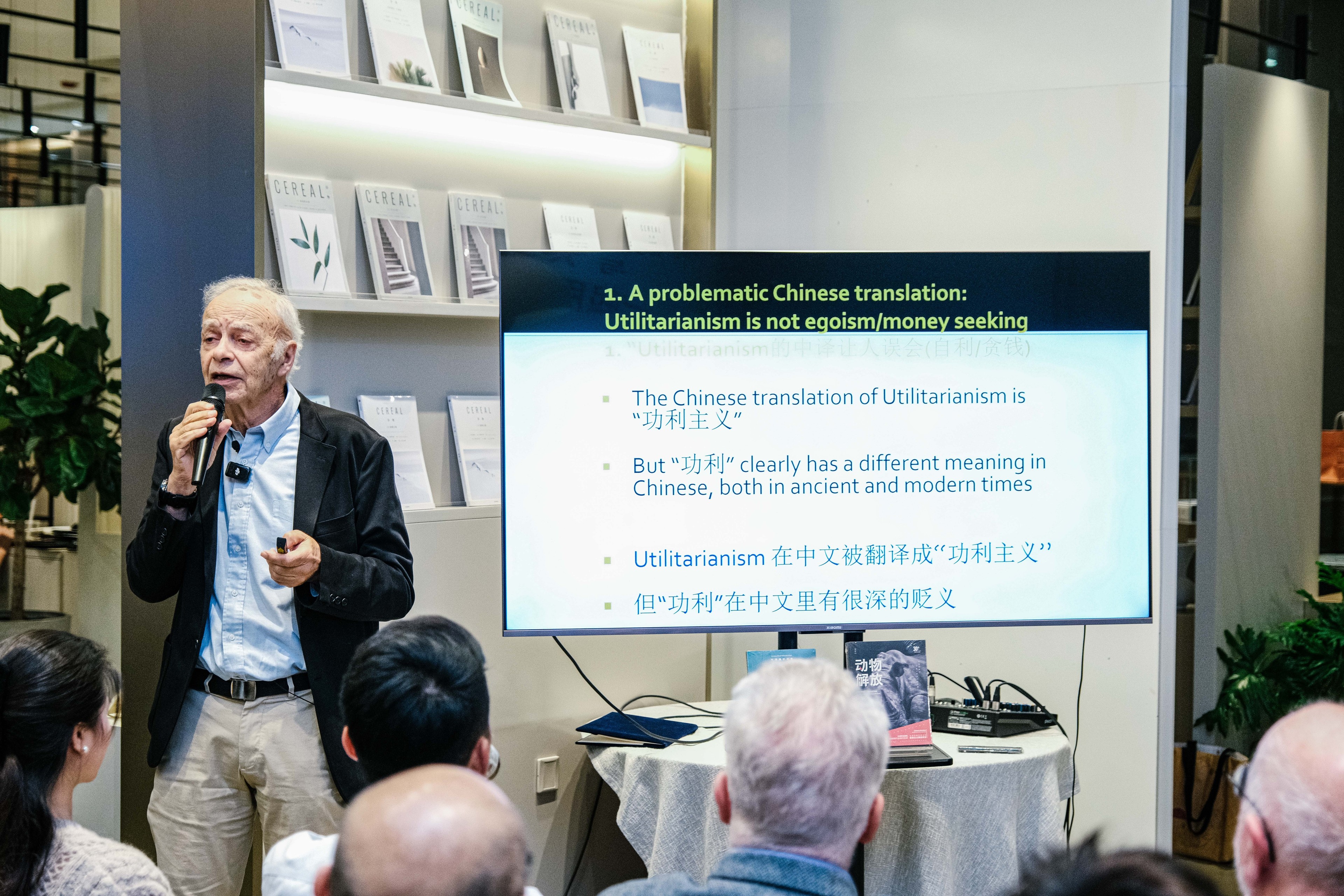
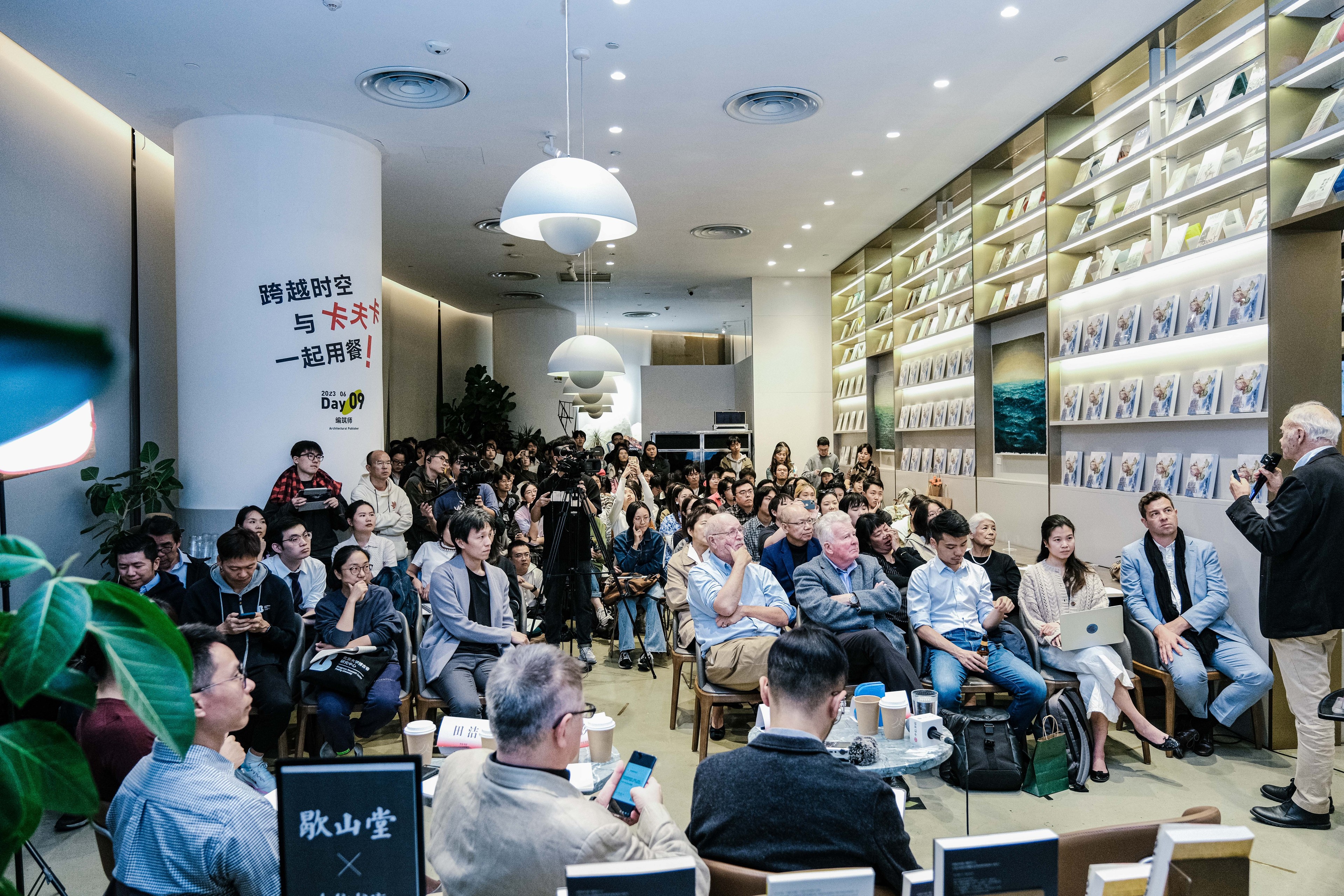
The question of impartiality is particularly relevant in the Chinese context, as Confucian philosophy traditionally emphasizes partiality, particularly in familial and social relationships. Confucians argue that moral obligations to family and community can take precedence over more universal concerns, a concept known as “the order of stratified closeness” (差序格局/亲疏远近). However, this tension is far from irreconcilable; it echoes debates that have been explored for millennia between Confucians and Mohists, the latter advocating for impartiality and universal love. Over two thousand years ago, for instance, Mencius proposed a thought experiment similar to Singer’s drowning child scenario, challenging the Mohists and illuminating the complexities of balancing personal attachments with broader ethical considerations. Given China's rich intellectual history of grappling with these issues, Singer and the panelists expressed optimism about fostering dialogue between diverse ethical frameworks to address global challenges rather than relying solely on Western-centric arguments regarding animal welfare and global philanthropy.
As the world undergoes rapid transformation and increasing interconnectedness, it is crucial to redefine our ethical concepts. Singer's vision encourages us to move beyond static interpretations of morality and embrace a dynamic framework that reflects the complexities of modern existence. In doing so, we can better navigate the ethical challenges that lie ahead, ensuring that our moral priorities align with the realities of a globalized world.
Summary by Nick Corvino, Berggruen Intern
About the Global Thinkers Series
The Global Thinkers Series invites thinkers who have deep insights into the evolution of different civilizations and the grand narratives of world history to share their knowledge and wisdom. It is hoped that with strengthened understanding and trust between different civilizations, we can help remove the intolerance, arrogance, and misunderstanding that have come to characterize contemporary geopolitics.
About the Berggruen Prize for Philosophy & Culture
Established in 2016, the Berggruen Prize for Philosophy & Culture is a $1 million award given annually to an individual whose ideas have profoundly shaped human self-understanding and advancement in a rapidly changing world. The Prize was first awarded to Canadian philosopher Charles Taylor for his impact on the humanities, social sciences, and public affairs in deepening understanding among different intellectual traditions and civilization. Baroness O’Neill of Bengarve was the 2017 Berggruen Prize Laureate for her work as a citizen philosopher who has elevated the quality of public life and improved the very vocabulary of public discourse. In 2018, public and moral philosopher Martha C. Nussbaum received the award for her framework for thinking about human capabilities, and exploring vulnerability, fear, and anger in moral and political life. In 2019, Former Associate Justice Ginsburg was recognized for her life’s work in pioneering gender equality and strengthening the rule of law. During a year marked by the global pandemic, 2020, the Prize was awarded to Paul Farmer for his work advancing global public health equity. In 2021, utilitarian philosopher Peter Singer received the Prize for his ethical framework for animal rights, effective altruism, and the global eradication of poverty. The 2022 Berggruen Prize honored philosopher and literary critic Kojin Karatani for his radically original contributions to modern philosophy, the history of philosophy, and political thinking. Most recently, in 2023, foundational sociologist Dr. Patricia Hill Collins was honored for her pivotal contributions to the understanding and development of intersectionality. This year’s Berggruen Prize Jury, chaired by Antonio Damasio, is an international group of scholars and writers including David Chalmers, Yuk Hui, Siri Hustvedt, Carlo Rovelli, Elif Shafak, and Wang Hui. The Berggruen Institute administers the Prize and welcomes nominations of those whose ideas have both intellectual depth and long-term social and practical value across nations and cultures.



